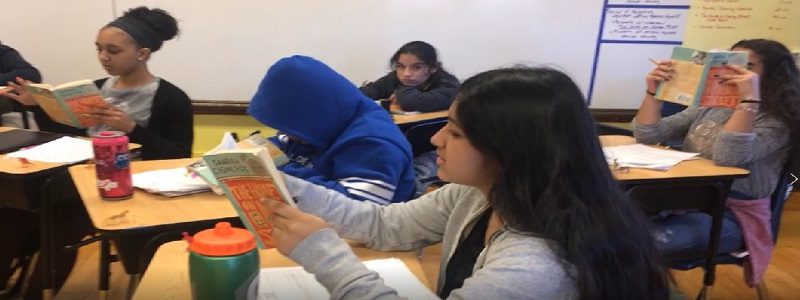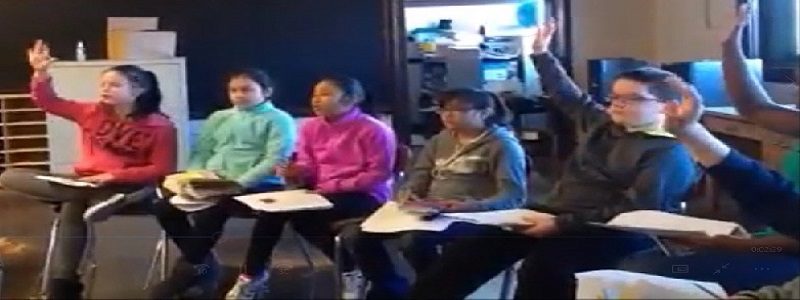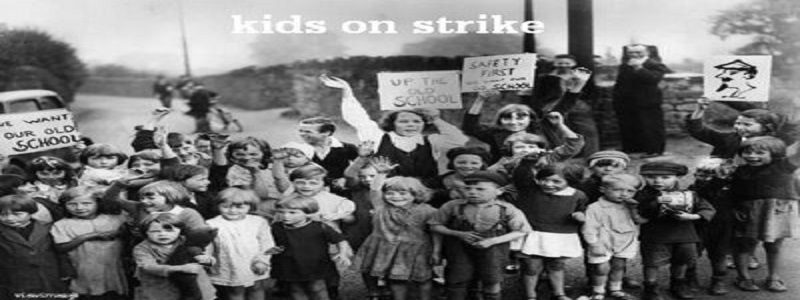Argumentalizing “Quick & Easy” Curriculum
Not every meal we prepare (or eat) at home is elaborately planned, prepared, and presented. Sometimes we cook “quick & easy” meals, but even these we generally aspire to make nutritious, balanced, and appetizing, too. Similarly with our classrooms: though we strive to be planned, ready, and prepared every day, we are not always implementing finely wrought, meticulously developed curriculum. But we should make these lessons college-directed and academically nourishing, too. What follows is an example of just such a “quick & easy” piece of curriculum, argumentalized.
One of our partner high schools recently took students to see the wonderful production of A Christmas Carol at the Goodman Theater in Chicago. So I suggested an easy-prep argument-based seminar on the day after the trip (with possibly some de-brief and short writing for follow-up the next day).
Another Argument-Based Seminar in Action
Argument Assessment on Free Falling and Acceleration in Physics
We were recently at work with a partner high school’s science department, argumentalizing a unit in the school’s physics course. In the unit on force, mass, acceleration, we wanted students to complete a formative assessment activity after they studied Newton’s Second Law and viewed experiments on falling objects. The argument-based assessment came out like this.
An Argument-Centered Seminar in Action
At James Otis Middle School (a rising neighborhood school on Chicago’s near-northwest side), teacher colleagues Kellye Galvan and Peter Simpson — model veterans, committed to constant professional improvement, who could not care more about their students’ academic growth — recently conducted an argument-based seminar to culminate her Roald Dahl’s The Witches unit in their English language arts curriculum. The debatable issue for the seminar, and one of the debatable issues for the unit, was:
The narrator in The Witches is actually better off as a mouse than as a boy.
Kids on Strike, Strike Signs, and Analytic Feedback
Vivian Leventis is an expert middle school teacher at one of our partner schools, the Helen C. Peirce School of International Studies. She developed a social studies unit called “Kids on Strike” that is being implemented at the school this fall. The unit is built around Susan Bartoletti’s 2003 study of the largely forgotten history of the extensive child industrial labor in the U.S. in the late 19th and early 20th centuries (at its height, more than 2 million children worked in manufacturing jobs), and the movement to organize child labor to protect kids’ rights, health, and safety.






